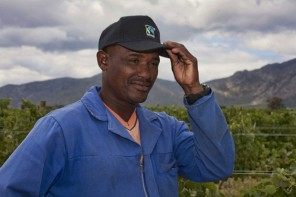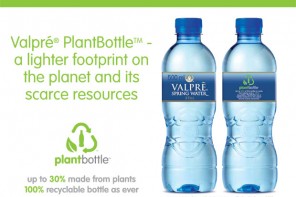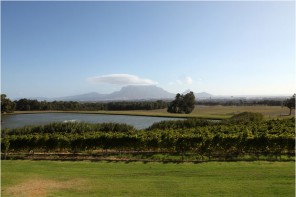Fossil fuels, oil and the energy-intensive nature of petrol production means that many countries are focusing on biofuel production. In 2011, biofuels comprised 3% of global transport fuels and considerably higher shares are achieved in certain countries. Brazil, for instance, met about 23% of its road transport fuel demand in 2009 with biofuels.
There are mainly two types of biofuel – ethanol (which is produced from crops such as maize, sugar cane and sugar beet) and biodiesel, which is produced from oil-bearing crops such as canola and sunflower seeds.
Support from Government for biofuel production in South Africa has been positive. Biofuel has been identified as a key driver in AsgiSA (Accelerated and Shared Growth for South Africa) for social and economic development. When it comes to environmental issues, biofuel holds the potential of providing a low-cost emission reduction option. Biofuel projects may apply for carbon emission reduction credits via mechanisms such as fuel switching.
Corporate South Africa also seems to be coming on board. In May 2012, Harmon Gold Mine announced that it is in the early stage of studying growing crops for a biofuels plant that it plans on building near Virginia in the Free State. Two months ago, South African Airways said that it wants to achieve 50% use of aviation biofuels by 2020.
So why is nothing happening?
While South Africa seems to have the policies and plans in place, commercial biofuel production hasn’t materialised yet. There may be plans for the future, but we don’t have a workable biofuel project that is up and running, which has led many fuel suppliers to delay and cancel new biofuel projects.
Food vs. Fuel
One of the reasons why we’re still not moving forward with biofuel production is the threat to food security. As an exporter of maize and sugar, many people are worried that food prices will increase if maize is used for biofuel production – a dilemma that would largely impact the poor of our country. This also leads one to ask about the future of our staple crop production if farmers are investing in the more lucrative biofuel business? One alternative is to shift our focus from maize to resources that aren’t edible.
Countries such as Kenya, Tanzania and China are investing their resources in the production of jatropha, a non-edible plant, to produce fuel. The Council for Scientific and Industrial Research (CSIR) has also written about a project that aims to develop a process for the production of biodiesel from algae.
South Africa’s Biofuel Industrial Strategy identified a number of other biofuel sources such as canola and sugar cane. The fact that maize was excluded in the Strategy (due to food security issues), however, created a lot of controversy within the agriculture and biofuel market.
Traditionally, South Africa was able to produce a surplus of maize while there is a well-documented shortfall of oilseeds. In 2011, however, maize prices rose sharply due to a weaker rand as well as the fact that the country had to import maize (despite a successful export drive).
Government advised not to subsidise biofuel production from maize
In May, Mail & Guardian reported that South Africa’s biofuels programme could restrict the increase in maize production seeing as land was being diverted to soya and sorghum. Jannie de Villiers, Chief Executive of Grain SA, told Mail & Guardian that they had advised government not to subsidise biofuels production from maize because it did not want the maize food price to increase as a result of offtake for biofuels production.
It looks like de Villiers offers a fair warning, when one looks at the situation in the US. Under US law, 40% of the corn harvest must be used to make biofuel, but the United Nations has warned that this could contribute to a food crisis – not only in the US, but the entire world.
Financial incentives currently lacking
Outside South Africa, there are many financial incentives for biofuel production. ln Brazil, biofuel producers receive tax incentives ranging from 32% – 100%. US biofuel producers receive tax credits and farmers in Kenya have received financial support from the World Bank to grow biofuel crops.
In South Africa, the cost of feedstock such as Canola and virgin vegetable oil (which is used overseas to produce biofuel) exceeds the wholesale price of diesel, which means it’s not a financially viable option.
Many things need to happen in South Africa before we will start to see successful, commercial biofuel plants. Putting the right policies in place and encouraging consumers to look at biofuel in the same way we look at Organic food (which usually means paying a little extra for a more sustainable solution) would be the first step in the right direction.











